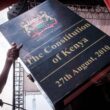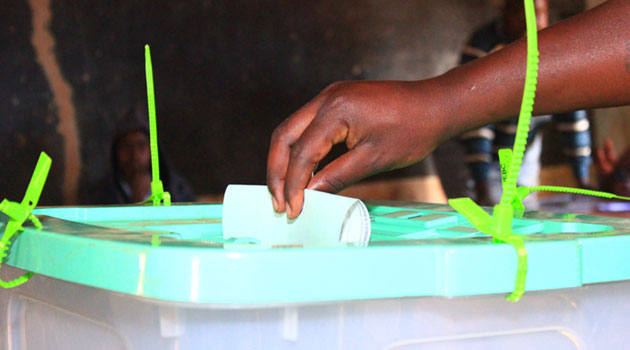NAIROBI,Kenya – The Independent Electoral and Boundaries Commission (IEBC) in Kenya is currently without a chairperson and Commissioners despite the continued operation of its Secretariat. However, courts have ruled that the lack of commissioners may render the actions of the commission illegal as it is not legally constituted.
This poses a significant risk to the preparation of future elections, as the absence of commissioners would prevent the declaration of election dates and other necessary policy decisions. For example, since Banisa MP Kulow Maalim’s passing in March 2023, the constituents have been without representation in the National Assembly due to the absence of commissioners in IEBC.
Furthermore, 2024 marks the 12-year point since Kenya’s last boundary delimitation process, which is required by Article 89(2) of the Constitution. It mandates IEBC to review names and boundaries of electoral areas at intervals of not less than eight years and not more than 12 years.
Without commissioners, this essential exercise may be in jeopardy, and we may risk failing to meet constitutional timelines.
It is critical to ensure fair representation, and boundary delimitation of constituencies is vital to achieving this goal. The Constitution’s drafters devised a process for equitable representation based on population and geography, accounting for factors such as urbanisation, community ties, and topography.
Periodic reviews of electoral boundaries are necessary to maintain fair representation amid population shifts. As such, adjustments may be needed in areas experiencing population booms or declines.
In February 2023, President William Ruto appointed a selection panel tasked with recruiting a chairperson and members for the IEBC. Despite advertising the position requirements, the panel did not proceed with shortlisting or interviewing candidates, likely due to political tensions.
Calls for a review of the selection panel of the IEBC and commissioner appointment process were raised during the Azimio La Umoja protests from March to July 2023. The agenda would be one of the main points of discussion during the National Dialogue Committee (NADCO), which eventually recommended expanding the selection panel from seven to nine members.
In August 2023, Brian Mbugua Higgins, a concerned citizen, filed a constitutional petition alleging that the failure to hold the Banisa elections violates constituents’ rights and the Constitution.
The petition seeks to compel the panel to conduct interviews, shortlist candidates, and submit names to Parliament, or alternatively, require the IEBC Secretariat to hold the elections.
The success of NADCO’s recommendations hinges on the presence of commissioners as referendums cannot be carried out without them. This situation echoes a past incident where the failure of former President Uhuru Kenyatta to declare four vacancies for over three years resulted in a lack of quorum that threatened the BBI process, which he was in support of. In football terms, he almost scored an “own goal”.
Critics have pointed out that, over the past decade, our political leaders have tended to appoint commissioners too close to elections, which could hamper their readiness. For example, Wafula Chebukati and other commissioners were appointed just months before the 2017 elections after being selected at the end of 2016.
Similarly, the appointment of four commissioners in August 2021, just a year before the 2022 elections, has raised concerns about whether they have been properly inducted.
It is widely known that preparations for the next election begins immediately after the previous one ends.
Therefore, it is in the best interest of all Kenyans to ensure that the IEBC is properly constituted with commissioners who can provide strategic leadership for the smooth implementation of their mandate.
The writer Demas Kiprono is the Ag. Executive Director ICJ Kenya.








